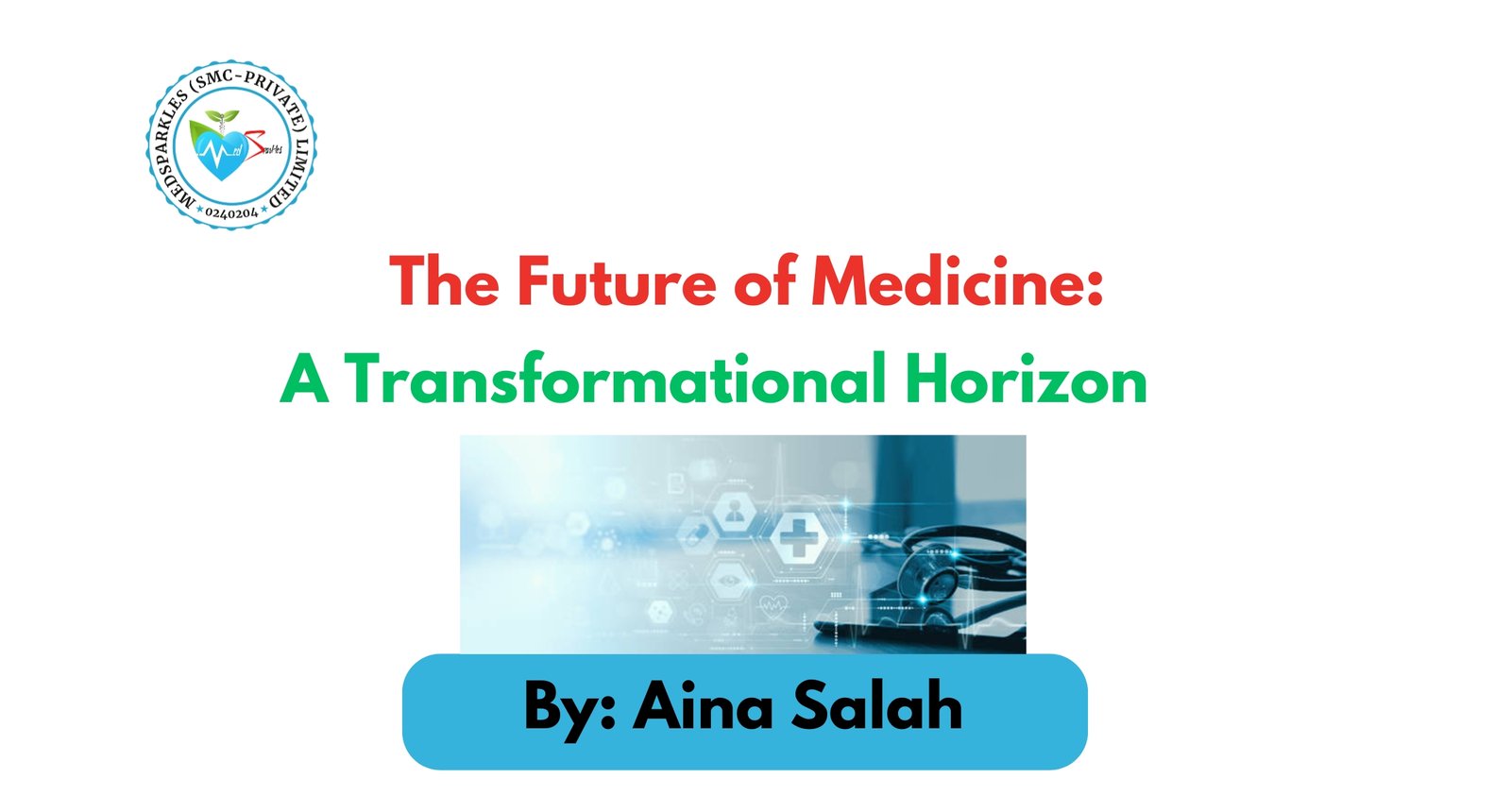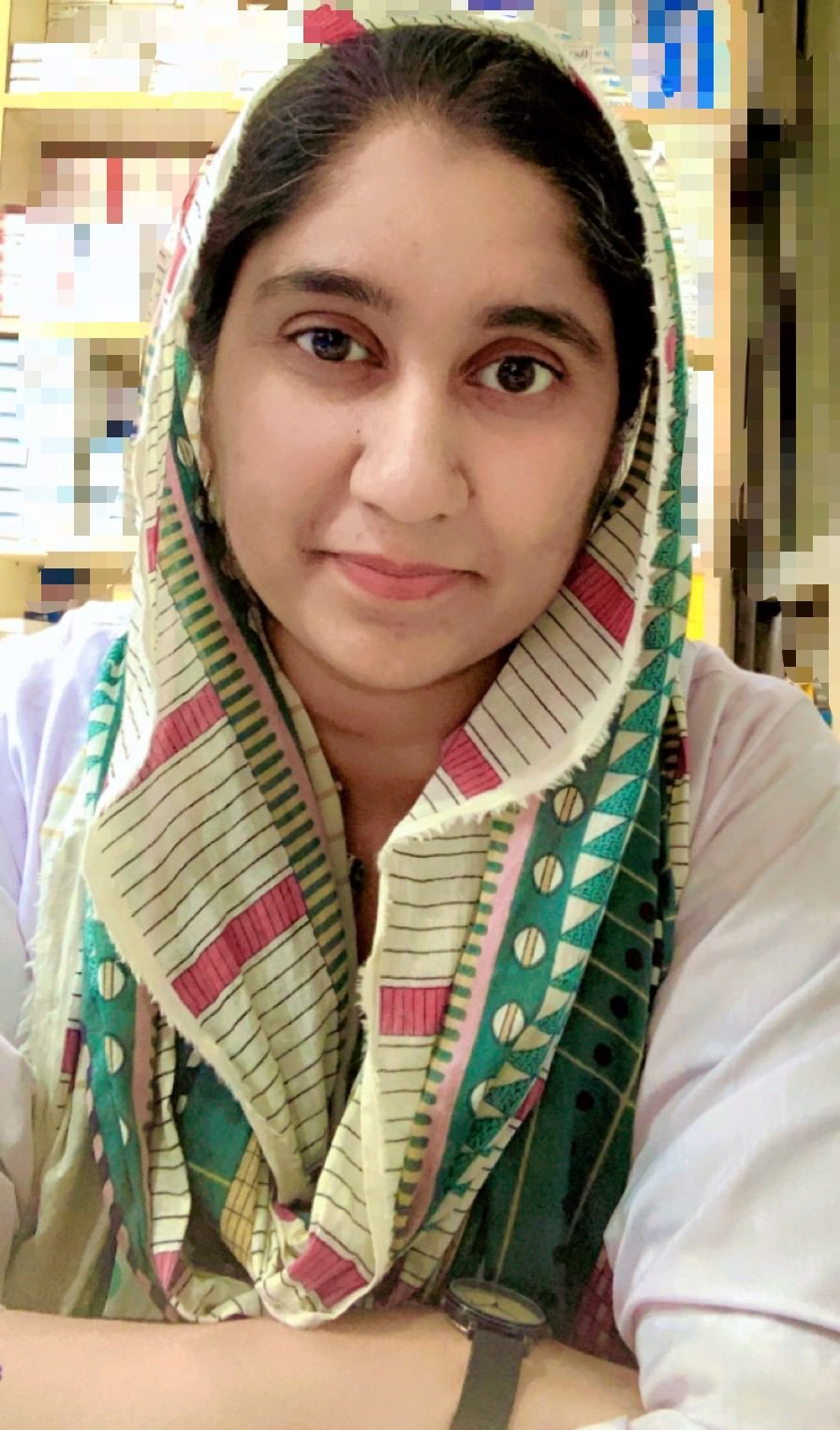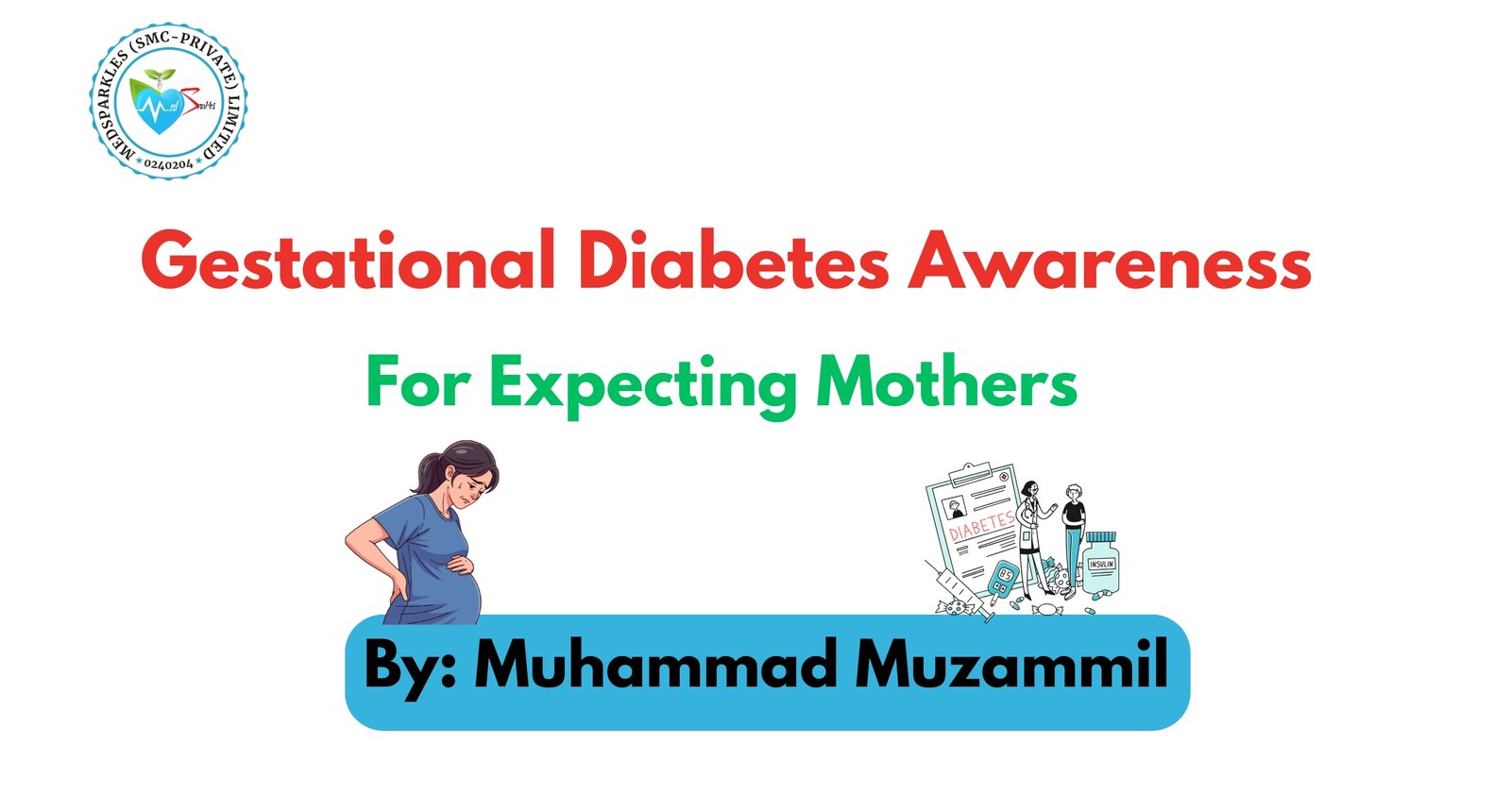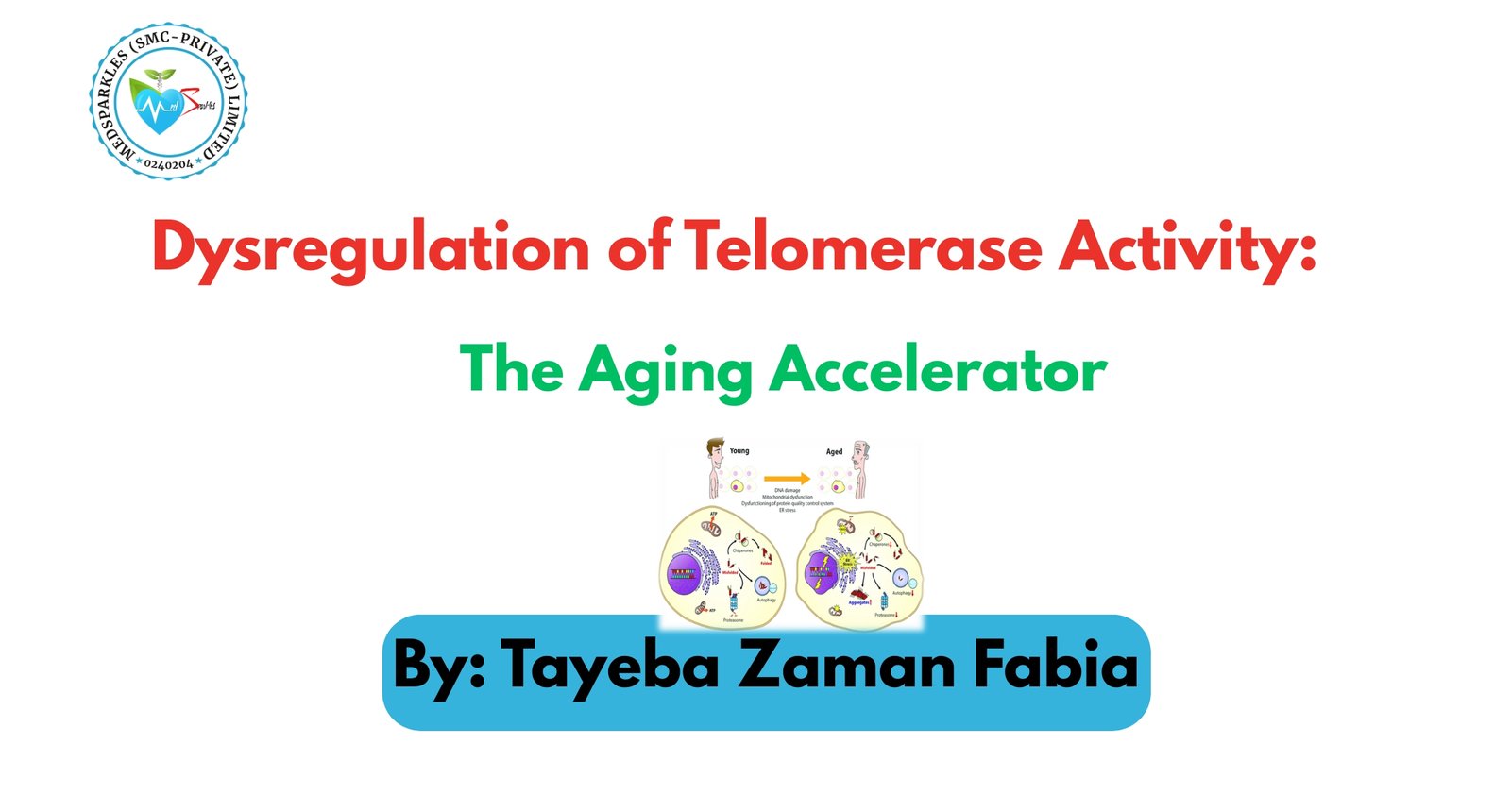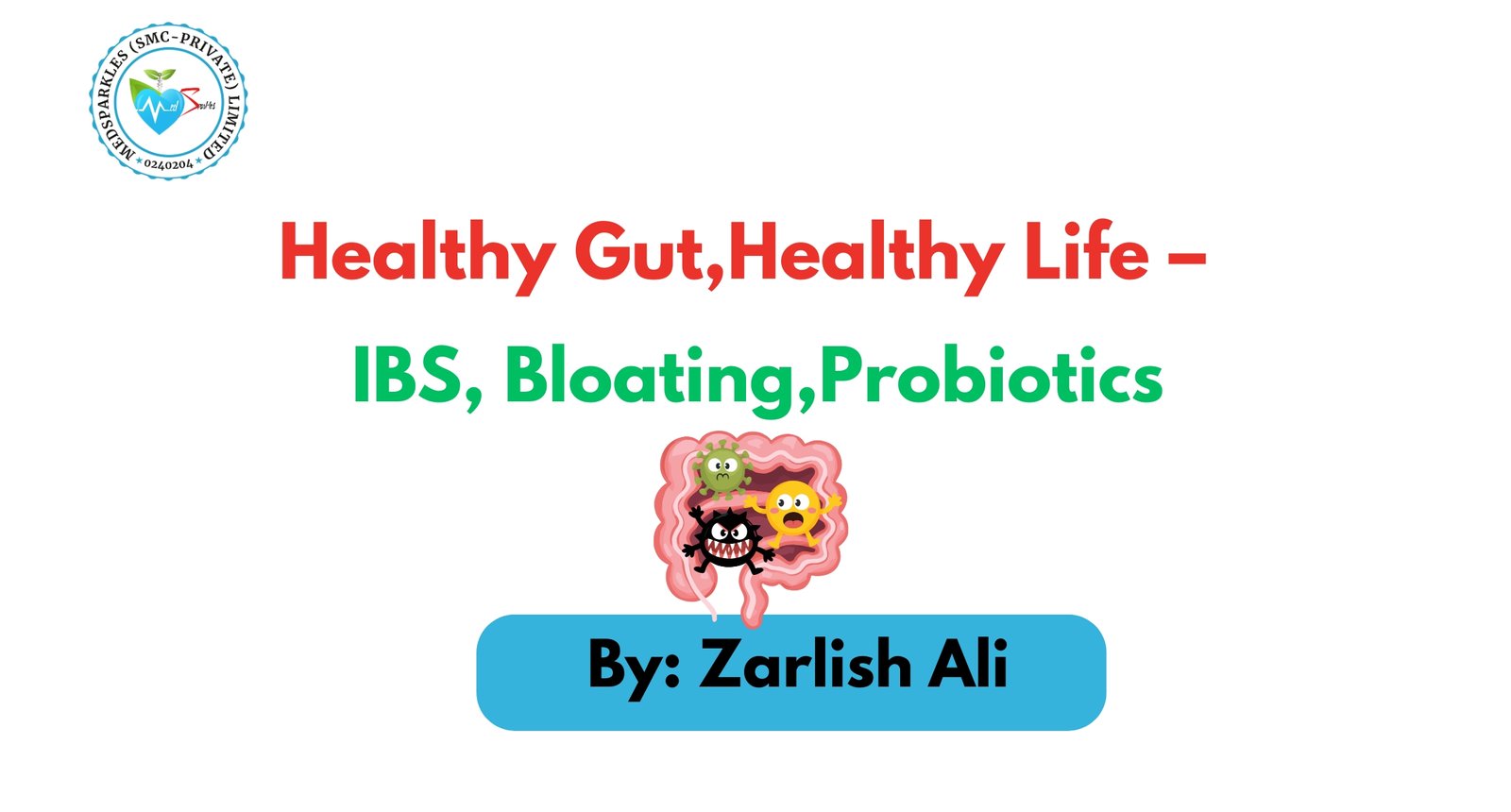Medicine, as we know it, is undergoing a seismic shift. The intersection of biotechnology, artificial intelligence, and digital health is redefining how we prevent, diagnose, and treat disease. What was once considered the realm of science fiction—predictive healthcare, lab-grown organs, AI-powered surgeons—is fast becoming a reality. As technological innovation accelerates and the boundaries of medical science expand, we are approaching a future where healthcare is not only more precise and effective but also more personalized and proactive. This article explores the major trends shaping this transformation and the ethical, clinical, and technological implications that will shape healthcare for decades to come.

Precision Medicine: One Size No Longer Fits All
The traditional approach to medicine—where treatment protocols are generalized—has increasingly proven insufficient. Precision medicine, which considers individual genetic makeup, environmental factors, and lifestyle, is becoming the new standard. Through technologies like whole genome sequencing and CRISPR-based gene editing, clinicians can now identify specific mutations responsible for disease and tailor treatments accordingly. This has shown significant promise in oncology, where targeted therapies have extended survival rates for certain cancers that were once deemed untreatable.
Artificial Intelligence and Machine Learning
AI is rapidly becoming an integral tool in diagnostics, drug development, and even surgical procedures. Machine learning algorithms can now analyze vast amounts of data—from medical images to patient histories—with remarkable speed and accuracy. Google’s DeepMind, for instance, has developed models that outperform human radiologists in detecting breast cancer in mammograms. Additionally, AI-assisted platforms like IBM Watson are helping doctors develop optimized treatment plans based on current research and patient data.

Digital Health and Telemedicine
The COVID-19 pandemic accelerated the adoption of telemedicine, revealing the potential of remote healthcare. In the future, wearable health monitors, smartphone-integrated diagnostic tools, and virtual consultations are likely to become routine components of healthcare delivery. These technologies allow for continuous health monitoring, early detection of anomalies, and immediate physician intervention—especially critical for chronic disease management.
Regenerative Medicine and Stem Cell Therapy
Regenerative medicine seeks to repair or replace damaged tissues using stem cells, tissue engineering, or biologically active molecules. Recent breakthroughs in stem cell therapies have shown promise in treating conditions such as spinal cord injuries, type 1 diabetes, and degenerative eye diseases. As our understanding of cellular biology deepens, it’s likely that organ regeneration, once considered science fiction, may become a feasible option within a generation.

Ethical and Regulatory Challenges
Despite technological strides, the future of medicine must navigate complex ethical terrain. Issues such as genetic privacy, algorithmic bias in AI, and equitable access to advanced therapies remain unresolved. Furthermore, regulatory frameworks are struggling to keep pace with the speed of innovation, potentially delaying the adoption of life-saving treatments.
Conclusion
The future of medicine is not just about high-tech solutions—it’s about delivering smarter, more inclusive, and more humane care. As we embrace innovations from precision genomics to AI-driven systems, the goal remains the same: to improve quality of life and extend healthy lifespans. This next chapter in medicine will demand collaboration between scientists, healthcare providers, technologists, and policymakers to ensure that advancements are ethically grounded and equitably distributed. If managed wisely, the future of medicine holds the promise not only of curing disease but of transforming what it means to be healthy in the modern world.
FAQs
1. What is precision medicine, and how does it differ from traditional medicine?
Precision medicine tailors treatment to an individual’s genetic makeup, lifestyle, and environment, unlike traditional medicine, which uses generalized protocols for large populations.
2. How is AI being used in healthcare today?
AI is used in diagnostics, predictive analytics, robotic surgery, and drug discovery, often achieving higher accuracy and speed than human practitioners in specific tasks.
3. Are there any risks associated with gene editing technologies like CRISPR?
Yes, while promising, CRISPR poses risks, including unintended gene mutations and ethical concerns over germline editing, requiring careful regulation and oversight.
4. Can telemedicine fully replace in-person doctor visits?
Telemedicine is ideal for routine consultations and chronic care management, but complex conditions may still require in-person assessments and diagnostic procedures.
5. What challenges does the future of medicine face?
Key challenges include data privacy, ethical use of AI, unequal access to technology, and outdated regulatory systems that may delay innovation.
